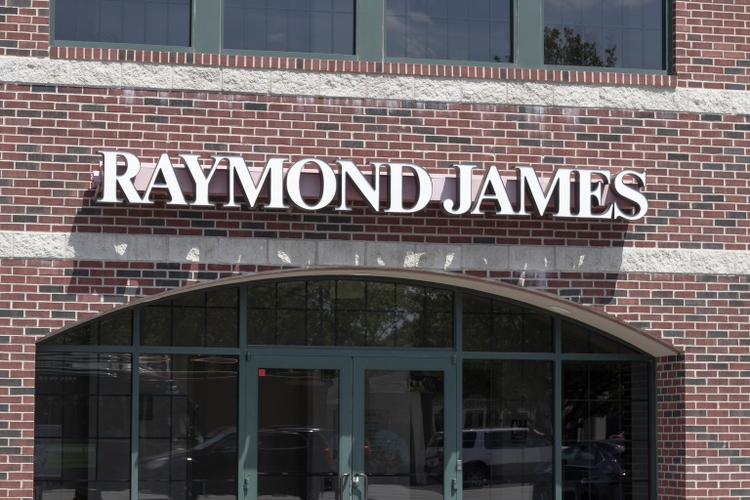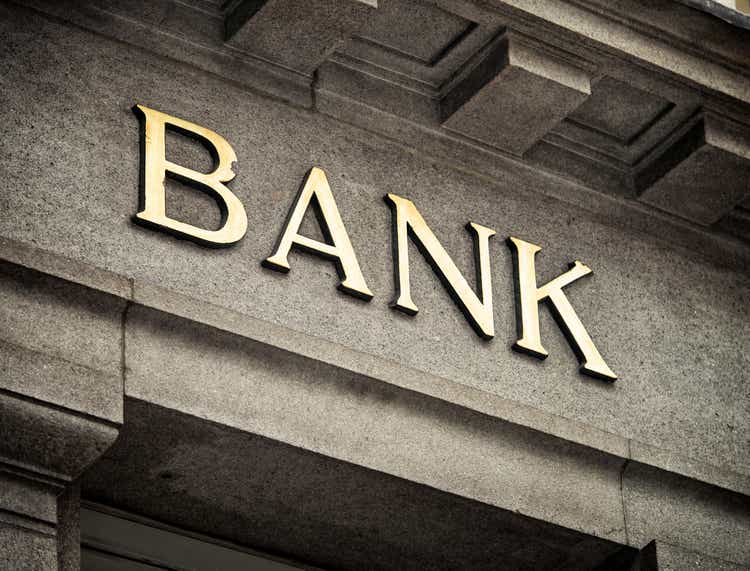Topline
President Donald Trump threatened Tuesday to sue ABC over its decision to resume “Jimmy Kimmel Live!”—but while Trump claims that Kimmel’s criticism of the president constitutes unlawful political “contributions,” legal experts contend that’s false, as anything the comedian says on his show is covered by an exemption under campaign finance law.
"Jimmy Kimmel Live!" returned to ABC on Sept. 23 following a week-long suspension that drew widespread controversy.
Disney via Getty Images
Key Facts
Trump attacked ABC for its decision to resume Kimmel’s show after suspending it for a week, suggesting on Truth Social he would sue the outlet and writing, “Last time I went after [ABC], they gave me $16 Million Dollars. This one sounds even more lucrative.”
The president suggested he would specifically sue ABC for alleged campaign finance law violations, falsely claiming Kimmel is “yet another arm of the DNC and, to the best of my knowledge, that would be a major Illegal Campaign Contribution.”
But legal experts say that argument is wrong, with campaign finance attorney Brett Kappel telling Forbes Kimmel’s comments are “clearly covered by the ‘media exemption’” in campaign finance law.
While federal campaign finance law broadly bars corporations from making any monetary or non-monetary contributions in order to influence an election, it also carves out what’s known as a “media exemption” or “press exemption,” stating the prohibitions don’t apply regarding “any news story, commentary, or editorial” distributed through a “broadcasting station” or “periodical publication,” as long as it’s not owned by a political party or candidate.
As a result, the Federal Election Commission has repeatedly held it is fine for media and entertainment companies to broadcast content that talks about elections or political candidates, including when it clearly favors a certain candidate, as long as the speech is within the scope of the company’s typical work as a “press entity.”
That means Kimmel can explicitly make anti-Trump comments on his show, and ABC can pay him to do so, without running afoul of any federal laws or being considered in any way a contribution to the Democratic Party.
What To Watch For
While Trump suggested he’ll sue Kimmel in his Truth Social post Tuesday night, no litigation has yet been filed. ABC moved forward with airing “Jimmy Kimmel Live!” on Tuesday after Trump posted his remark on social media, and has so far not shown any indication it will take further action against Kimmel in light of Trump’s most recent comments.
Chief Critic
“There is no credible claim, despite Trump’s insinuation, that ABC is ‘owned or controlled by’ the Democratic National Committee, just as there would be no credible claim that The New York Times or any other liberal-leaning media outlet is,” election law expert Rick Hasen wrote in a blog post early Wednesday responding to Trump’s Truth Social post, describing the president’s comments as “incredibly alarming.” Trump going after “a media company in an effort to secure a ‘lucrative’ settlement just because the media company engages in speech critical of the President is extremely antithetical to how a system of self-government with free elections is supposed to work,” Hasen argued.
When Does The ‘media Exemption’ Apply?
The media exemption was created in order to preserve the freedom of the press and ensure “the unfettered right of the newspapers, TV networks, and other media to cover and comment on political campaigns,” the FEC has noted, and allows media coverage to be exempted from being considered as political contributions or expenditures. That includes media content that’s made for entertainment, rather than news coverage, and the FEC has held it includes content on the internet and cable television in addition to more traditional media like newspapers and broadcast networks. In order to determine whether content fits into the media exemption, the FEC applies a two-part test. The first part asks whether the entity at issue is controlled by any political party, committee or candidate. If it’s not, the FEC then determines whether the company “is acting as a press entity in conducting the activity at issue,” defining “press entity” as a company “that disseminates news stories, commentary, and/or editorials” on a “regular basis.” The FEC considers whether the political speech at issue is publicly available and whether it’s “comparable in form to [materials] ordinarily issued” by the company. Since Kimmel’s monologues criticizing Trump are within the scope of his usual comedy program, that means his comments fall under the media exemption.
When Doesn’t The ‘media Exemption’ Apply?
The FEC has ruled the media exemption doesn’t apply in cases where a media company is using money for political content that goes beyond its typical news or entertainment function. For instance, when comedian Stephen Colbert created his own super PAC as part of his former late night show “The Colbert Report,” which was produced by Viacom, the FEC ruled Colbert could discuss the super PAC on his show under the media exemption, as this was part of the show’s usual programming. If Viacom paid for any ads about the super PAC that aired outside “The Colbert Report,” or spent money actually running the super PAC, that would not be exempted and would count as contributions to the PAC, however, because it’s outside the scope of the show’s usual work.
Key Background
Kimmel returned to ABC on Tuesday night after the network controversially suspended his program last week, making the decision after Nexstar, which runs many ABC affiliate stations, said it would preempt Kimmel’s show due to comments the comedian made about the murder of right-wing commentator Charlie Kirk. The suspension drew widespread outrage as critics contended ABC’s response appeared to be an effort to appease the Trump administration, coming after Trump had repeatedly criticized Kimmel. Federal Communications Commissioner Brendan Carr also suggested hours before Kimmel’s suspension that he could revoke ABC’s broadcast license over the host’s comments about Kirk’s death. ABC announced Monday that Kimmel’s program would return on Tuesday, after the network said it had “thoughtful conversations” with the late night host. Trump’s comments threatening ABC with litigation come after media companies including ABC have recently repeatedly shown a willingness to settle with the president when he’s taken action against the press, with ABC settling with Trump over comments host George Stephanopoulos made about writer E. Jean Carroll’s litigation against the president, and CBS News and parent company Paramount settling a lawsuit over “60 Minutes” by paying the president $16 million. Kimmel’s suspension also came after CBS decided to cancel “The Late Show with Stephen Colbert,” a decision the company contended was purely financial, but has raised controversy due to Colbert’s criticism of Trump and Paramount’s settlement with the president.
Further Reading
ForbesJimmy Kimmel Calls Out FCC Chair And Trump As He Returns To ABCBy Siladitya Ray
Forbes‘Jimmy Kimmel Live!’ Returns Tuesday—But Not On Sinclair-Owned StationsBy Antonio Pequeño IV
.png)











 English (US) ·
English (US) ·